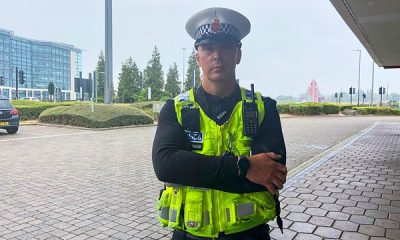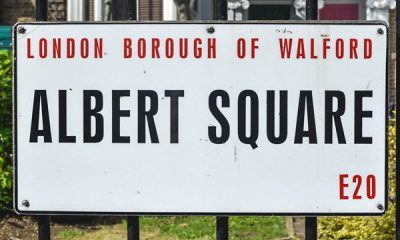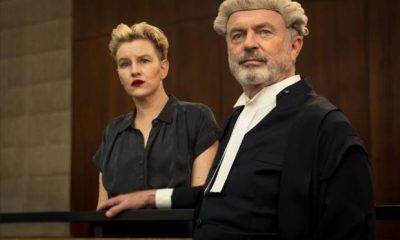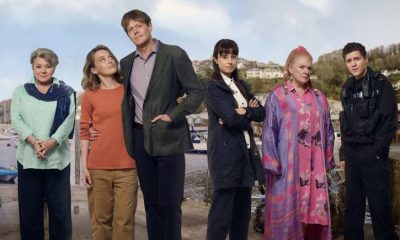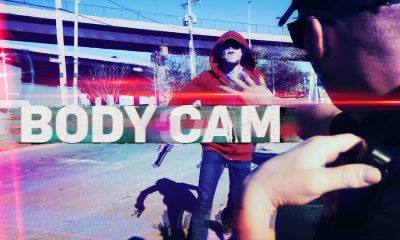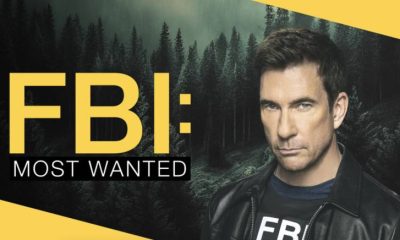Interviews
Blue Lights: Interview with Andi Osho who plays Sandra Cliff
Can you set up the story in this series?
It’s about three rookies that join the PSNI and following their path as they battle their own challenges to becoming an officer. It’s really a story about relationships, in this very particular and unique set of circumstances and what they have to deal with on a day to day basis, that perhaps officers in different areas might not have to deal with.
What is it about Declan and Adam’s writing that has tapped into the psyche and culture of Northern Ireland and in particular the PSNI?
I can’t say specifically because I’m not from there, but what I got from the scripts is the level of detail and the level of care they’ve put in to ensure they’re not partisan in any way to the issues in Northern Ireland. I really liked the intelligence behind the writing. The plot is so woven in to the story of relationships that you almost feel like there’s no plot yet it’s fascinating to watch it unfold against the backdrop culturally of where Northern Ireland is. That’s testament to how brilliant the research, and the writing that’s come from that research, has been.
Describe how Sandra fits into the story of Blue Lights?
Sandra is married to Gerry, they met when he was running a riot training course. They joke that they fell in love over Molotov cocktails. Sandra is the main custody sergeant, the hub of the station. It’s a potential bottle neck, so she’s the one that keeps the suspects moving through the system, making sure that everyone gets booked in and processed. It’s the heart of the station so she interacts with everybody which was fun for me as an actor as you get to meet everybody.
How much did you know about the force in Northern Ireland and what research did you do?
I didn’t know a huge amount about where Northern Ireland was currently at. You see what’s reported in English news but that isn’t necessarily giving you the nuance of what is happening day to day. It was fascinating, upsetting, and eye-opening delving in to the history. Production were really helpful sending through documentaries to watch and articles to read so I dove in as much as I could. The head of the black policing association is based in Northern Ireland so I had a conversation with him, I spoke with a custody sergeant as well as watching a load of episodes of 24 Hours in Police Custody all of which were so helpful. You often see custody sergeants as gruff people who assume guilt, and actually they’re really fair so I wanted to bring that in to the character and the custody experience to be properly represented. As soon as you humanise people who can get dehumanised like politicians and police officers, it can immediately look more positive, you’ve made them more of a sympathetic person. We’re just telling a story about people in quite unique circumstances.
What can audiences expect from the series?
A completely different experience of a police drama, it’s not doing what a lot of police dramas do. It’s a refreshing take on a police drama. There’s not a lot of main stream shows set in Northern Ireland, it’s about time, I like this decentralisation of tv around the UK. It was such an eye-opening different world that I think people are going to really enjoy.


